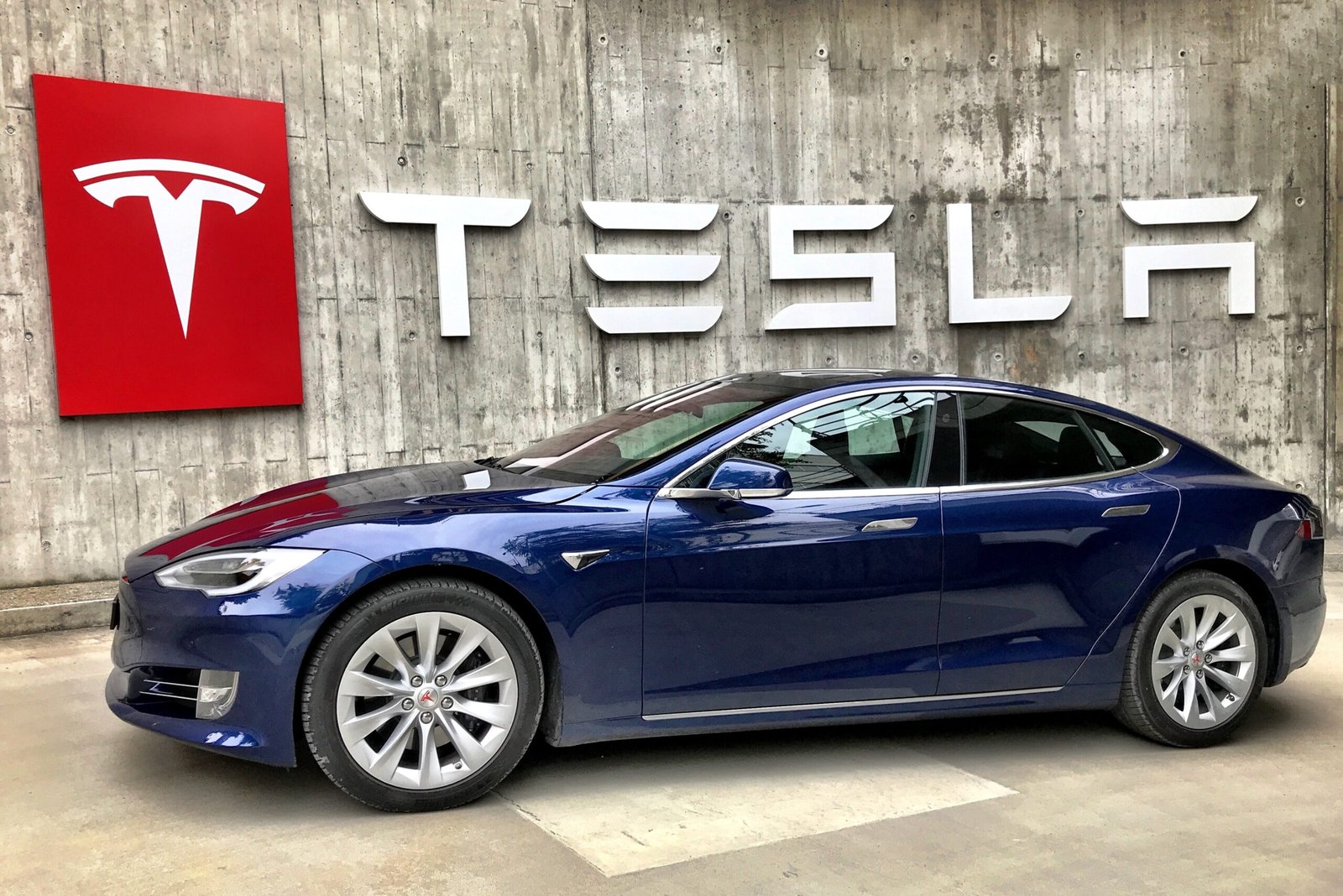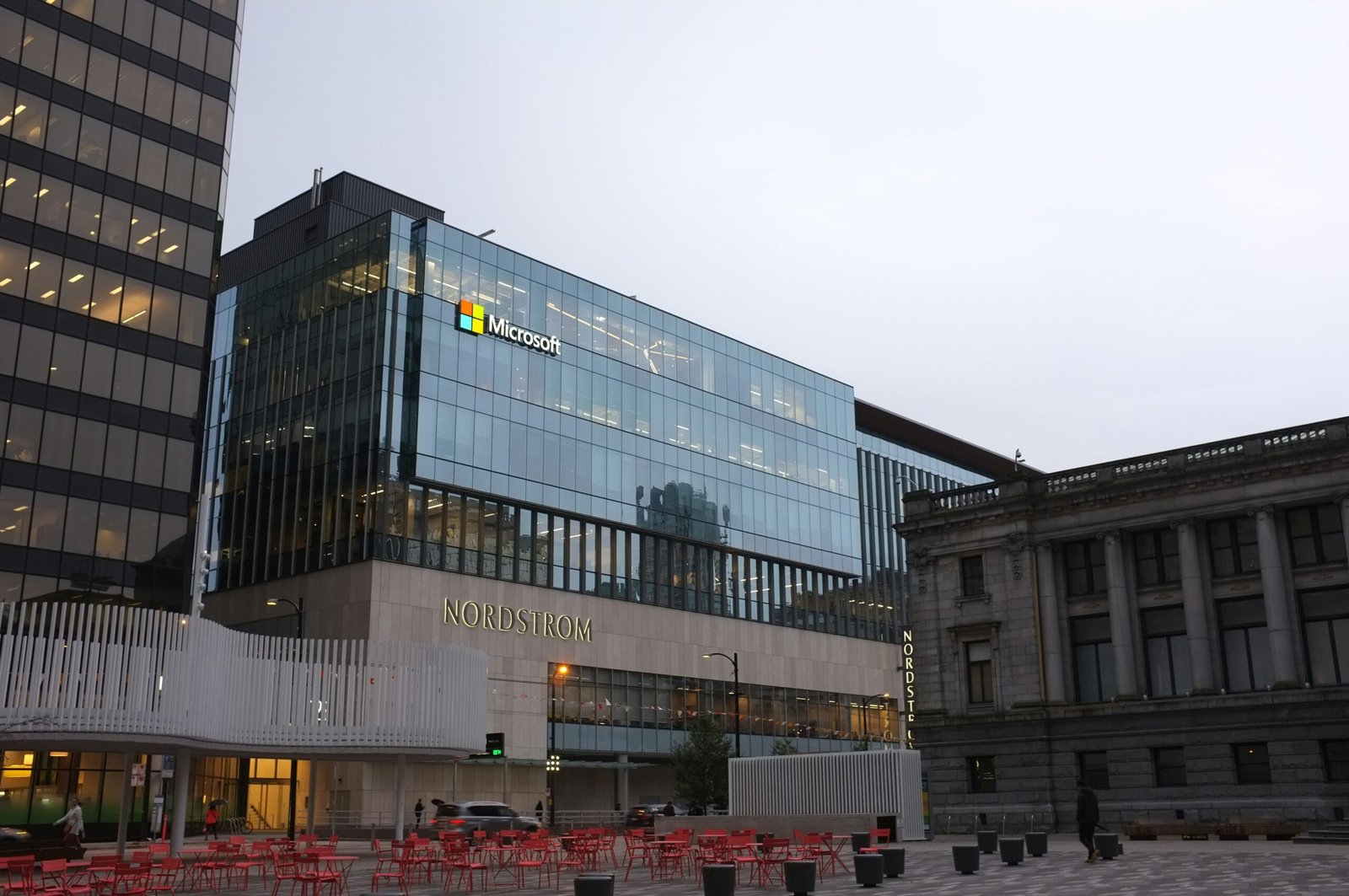Blue Origin’s tourism rocket, designed to propel paying customers on brief trips to the edge of space, is set to resume flights on Monday. The Jeff Bezos-founded company has spent over a year recovering from a failed uncrewed test flight.
The rocket, named New Shepard, is scheduled to launch on an uncrewed science mission at 8:30 a.m. CT (9:30 a.m. ET) from Blue Origin’s facilities on a private ranch in West Texas. The event will be streamed on the company’s website.
While no one will be on board this flight, a successful mission could pave the way for Blue Origin to restart its space trips for thrill-seekers.
On September 12, 2022, a New Shepard rocket and spacecraft were prepared to launch a batch of science instruments. However, one minute into the flight, the rocket experienced Max Q, a moment of maximum stress on the vehicle at a relatively low altitude. At that point, the rocket emitted a massive burstof flames. The New Shepard capsule then activated its launch abort system, safely detaching itself from the malfunctioning rocket. Blue Origin later identified the cause as a problem with the engine nozzle, which the onboard computers accurately detected and shut down.
Despite no reported injuries on the ground and the salvageable science payloads and capsule, the rocket, left without a functioning engine, crashed and was destroyed. Typically, after New Shepard launches, the rocket booster guides itself back to a safe upright landing for future use.
During an interview with podcaster Lex Fridman, Bezos emphasized the difficulty of engineering the escape system responsible for jettisoning the capsule to safety. He acknowledged that while a tourism vehicle can’t be made perfectly safe, an escape system is crucial for improving safety.
Before the September 2022 failure, New Shepard rockets had completed 22 consecutive successful missions, including six with passengers on board. An investigation by the Federal Aviation Administration revealed that the engine nozzle failed due to higher temperatures than anticipated. Blue Origin implemented design changes and adjusted operating parameters to address the issue.
The FAA concluded its investigation on September 27, outlining 21 corrective actions Blue Origin must implement before resuming flights. The details of these actions are not publicly disclosed due to containing proprietary data and U.S. Export Control information.
New Shepard’s return to flight aligns with Blue Origin’s ongoing project, New Glenn, a massive rocket capable of carrying satellites and large payloads into orbit. The development of New Glenn, powered by BE-4 engines, has experienced delays. Bezos expressed nervousness about its first launch, which may carry a NASA satellite to study the magnetized area around Mars as early as next year.





































